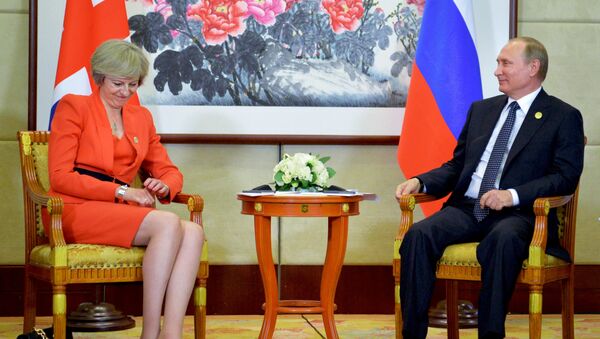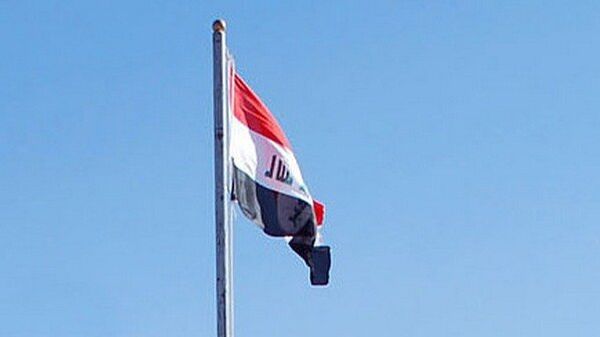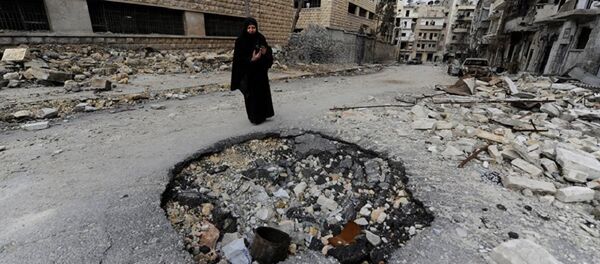The Sanctions Bill would allow the UK to "cut off funding for terrorists" by making it easier to freeze assets and block access to bank accounts, as well as "greater flexibility" in choosing when and how to introduce new measures.
The bill will also include an annual review of sanctions to ensure they remain appropriate, and offer individuals and groups sanctioned the opportunity to challenge measures imposed upon them.
Dr. Francesco Giumelli, Assistant Professor and expert on sanctions at the Department for International Relations and International Organizations at the University of Groningen, is somewhat skeptical of the push for national sanctions laws in the UK.
By definition, once outside the EU, the UK would only be a single player on the international scene — he doesn't see how the country could be more "impactful and effective" without the support of an international agreement.
"Proper safeguards must be established to ensure individuals who end up on the list can appeal the decision — like with the EU and the UN. If the decisions are believed to be unlawful, the whole legitimacy of the program would be undermined," Dr. Giumelli told Sputnik.
The UK currently implements sanctions against 30 countries, including North Korea and Iran, and was one of the most voluble EU Member States in pushing for sanctions against Syria and Russia.
According to the Foreign & Commonwealth Office's website, the principal purpose of sanctions is "to change the behavior of the target country's regimes, individuals or groups in a direction which will improve the situation in that country."
While a noble objective in theory, in reality sanctions are often a political tool, used to destabilize "enemy" states. Their impact is typically felt not by a target country's government, but its average citizens — the apparent hope is constituent populations turn against their leaders, and agitate for a Western-led changing of the guard.
For instance, in 2016 the UN published an internal assessment on the humanitarian impact of the sanctions imposed on Syria. Describing the US and EU measures as "the most complicated and far-reaching sanctions regimes ever imposed," it detailed how the program punished ordinary Syrians, and crippled aid work during the largest humanitarian emergency since World War II.
Humanitarian Impact of Syria-Related Unilateral Restrictive Measures
— Michael O'Neill (@oneillquigley) October 1, 2016
Sep. 28 2016 — 5:35pmhttps://t.co/2Nwcsd9Ug1
The sanctions were found to have destabilized every sector of Syria's economy, further exacerbating the severe humanitarian crisis the war on President Bashar al-Assad's government produced.
Moreover, the US pursued wide-ranging sanctions against Iraq following the country's invasion of Kuwait in August 1990. They were maintained despite a 1999 UNICEF report showing a doubling in mortality rates for children under the age of five due to the program, resulting in the death of at least 500,000 children, and the October 1998 resignation of Denis Halliday, UN Humanitarian Coordinator for Iraq, on the basis he didn't want to "administer a program that satisfies the definition of genocide."
His successor, Hans von Sponeck, subsequently also resigned in protest, calling the effects of the sanctions a "true human tragedy" — and Jutta Burghardt, head of the World Food Program in Iraq, did so too.
The sanctions stayed in force until May 2003, when their true objective was achieved, and Saddam Hussein was unseated as leader.





